Looking for leaner muscles? This guide covers proven methods to reduce body fat and gain muscle quickly through diet, effective workouts, and proper recovery.
Key Takeaways
-
Understanding lean muscle is crucial for building strength and enhancing overall health, focusing on low intramuscular fat.
-
Optimize your diet with adequate protein intake, balanced macronutrients, and proper hydration to support muscle growth effectively.
-
Combine effective training strategies like strength training, progressive overload, and sufficient recovery to achieve lean muscle gains and avoid plateaus.
Understanding Lean Muscle

Understanding lean muscle is essential before diving into diet and training. Lean muscle, characterized by low intramuscular fat and muscle fibers, focuses on strength and function rather than size. This quality makes lean muscle vital for overall functionality and quality of life.
Building lean muscle enhances physical appearance, body composition, and overall health. Lean muscle boosts metabolism, aiding in calorie burning and maintaining a healthy weight. Reducing body fat, including visceral, subcutaneous, and intramuscular fat, is crucial for this process to lose fat and losing fat.
Setting fitness goals that include lean muscle offers benefits beyond aesthetics. It enhances body composition, metabolism, and overall functionality and quality of life. Optimizing your diet is the first step to building lean muscle.
Optimize Your Diet for Lean Muscle

Nutrition is pivotal in gaining lean muscle, as it fuels workouts and supports growth and recovery. A balanced diet of lean proteins, low-glycemic fruits, vegetables, whole grains, and limited dairy is essential. Maintaining a daily calorie surplus of 200-500, with increased protein and fiber intake, can significantly aid muscle growth.
Let’s break down the key components of an optimal diet for lean muscle gain into three main areas: protein intake, balanced macronutrients, and hydration.
Protein Intake
Protein, the muscle’s building block, is vital for growth and recovery. Aim for at least 1.6 grams per kilogram of body weight. Incorporate protein-rich foods like chicken, turkey, eggs, edamame, and peas into your diet.
If meeting protein needs through food is challenging, consider high-quality protein powders like whey isolate or plant-based options. Adequate protein intake is crucial for muscle growth and recovery.
Balanced Macronutrients
Balancing macronutrients is as important as protein intake. Carbohydrates replenish muscle glycogen, fueling intense workouts, while healthy fats support hormone production necessary for muscle growth.
Balancing macronutrients ensures proper nutrition, supporting health and muscle growth. Maintain an energy surplus for muscle building without over-consuming any macronutrient.
Hydration
Hydration is crucial for muscle building. Men are recommended to drink 127 ounces daily, though individual needs vary by size, climate, and activity level. Drinking water continuously throughout the day helps maintain proper hydration.
Proper hydration aids muscle repair and overall health. Coffee and tea can also contribute to daily hydration. Staying well-hydrated supports muscle recovery and fitness goals.
Effective Training Strategies for Lean Muscle Gain

Effective training is as crucial as proper nutrition for lean muscle gain. Various training techniques enhance muscle growth and prevent plateaus. Strength training with heavy loads, combined with HIIT and consistency, forms the foundation of a successful workout plan.
For lean muscle gain, strength train five to six days weekly and integrate high intensity interval training one to two times. Training volume (sets x reps x load) significantly impacts muscle gain.
Effective training strategies include compound exercises, progressive overload, and optimal training volume and frequency.
Compound Exercises
Compound exercises target multiple muscle groups simultaneously, making them effective for lean muscle building. Examples include squats, deadlifts, chest presses, burpees, and pull-ups.
Integrating these exercises into your routine enhances muscle hypertrophy by engaging multiple groups, promoting efficient muscle building. Focus on these foundational movements to maximize growth and strength.
Progressive Overload
Progressive overload is essential for muscle growth. Gradually increase weights, reps, or exercise intensity over time. Track progress and make incremental adjustments to your plan.
Continuously challenging muscles promotes adaptation and growth, preventing plateaus and ensuring improvement. This method maximize skeletal muscle hypertrophy and long-term gains.
Training Volume and Frequency
Training volume, the total exercise performed, is critical for optimal muscle hypertrophy. Tailor sets and reps per week to individual goals for effective training volumes.
Change your workout plan every four to six weeks to avoid plateaus and promote muscle growth. This variation constantly challenges muscles, leading to better results.
Importance of Recovery in Muscle Building

Recovery is a vital yet often overlooked aspect of muscle building. After intense workouts, your body needs time to repair and strengthen. Adequate recovery aids muscle repair and growth, enhancing overall performance.
Prioritizing recovery lets muscles heal and grow stronger. Quality sleep and rest days are essential and should not be overlooked.
Sleep
Quality sleep is crucial for muscle repair and overall health. At least six hours of sleep is recommended for effective recovery, aiding in energy replenishment and tissue repair.
Rest Days
Including rest days in your training schedule prevents overtraining and supports muscle growth. Aim for at least one rest day each week.
Rest days aid muscle recovery and growth, improving overall training results. Balance rest and training to avoid injuries and maximize gains.
Monitoring Progress and Adjusting Plans

Monitoring progress and adjusting plans are key to staying on track with fitness goals. Regular assessments help evaluate progress toward lean muscle gains.
Tracking body composition and adapting workouts based on progress allow for informed decisions to optimize muscle growth and minimize fat accumulation.
Tracking Body Composition
Regular body composition assessments monitor muscle gains and fat changes, ensuring fitness goals are met without unnecessary fat. Tracking body fat levels guides necessary nutrition and exercise adjustments.
Targeting a balanced body fat percentage supports lean mass development and overall health, ensuring efforts translate into effective muscle growth and improved composition.
Adapting Workouts
Progressive overload, involving gradually increasing weights, frequency, or intensity, is essential for muscle growth. Regularly tracking body composition ensures muscle gain without excessive fat, guiding adjustments in workout routines.
Adjusting workouts based on progress, such as increasing weights or incorporating new exercises, is vital for continued muscle development. This adaptive strategy keeps workouts effective and aligned with goals.
Common Mistakes to Avoid
Avoiding common mistakes is crucial for successful build muscle. Incorporating rest days prevents overuse injuries and supports growth. Prioritize adequate nutrition and recovery, balancing cardio with resistance training.
Common mistakes to avoid include over-reliance on cardio and inadequate nutrition.
Over-reliance on Cardio
Excessive cardiovascular exercise can lead to muscle loss, as the body may use muscle for energy instead of fat. Excessive cardio without strength training compromises muscle gain and overall fitness.
A balanced approach between cardio and strength training yields better results in building lean muscle mass. Incorporating strength training alongside cardio promotes effective muscle growth and overall fitness.
Inadequate Nutrition
Excessive calorie restriction can lead to inadequate energy, affecting workout performance and muscle development. Proper nutrition supports muscle growth and recovery. Consuming enough calories and protein maximizes growth and minimizes muscle loss.
Balanced nutrition is key to achieving fitness goals.
Summary
In summary, achieving leaner muscles requires a combination of proper nutrition, effective training strategies, and adequate recovery. By focusing on protein intake, balanced macronutrients, and hydration, you can support muscle growth and overall health. Incorporating compound exercises, progressive overload, and varying your training volume and frequency are crucial for continuous muscle gains.
Avoid common mistakes such as over-reliance on cardio and inadequate nutrition to ensure your efforts translate into effective muscle growth. By monitoring your progress and adapting your workouts, you can stay on track and achieve your fitness goals. Remember, consistency and dedication are key to building lean muscle and transforming your body.
Frequently Asked Questions
How much protein do I need to consume to build lean muscle?
To build lean muscle, aim for at least 1.6 grams of protein per kilogram of your body weight. This will help support your muscle growth effectively.
What are some examples of compound exercises?
Compound exercises like squats, deadlifts, chest presses, burpees, and pull-ups are fantastic for building strength since they work multiple muscle groups at once. Try incorporating some of these into your routine for a powerful workout!
How often should I incorporate rest days into my training schedule?
To keep your body happy and prevent overtraining, make sure to take at least one rest day each week. This will help support your muscle growth and overall recovery!
Why is hydration important for muscle building?
Hydration is crucial for muscle building because it aids in muscle repair and ensures optimal function during your workouts. When you're well-hydrated, your muscles perform better and recover faster.
What are the consequences of inadequate nutrition for muscle development?
Inadequate nutrition can seriously hinder your muscle development by leaving you low on energy, which affects your workouts and stunts your progress. So, it's essential to fuel your body properly to achieve those gains!


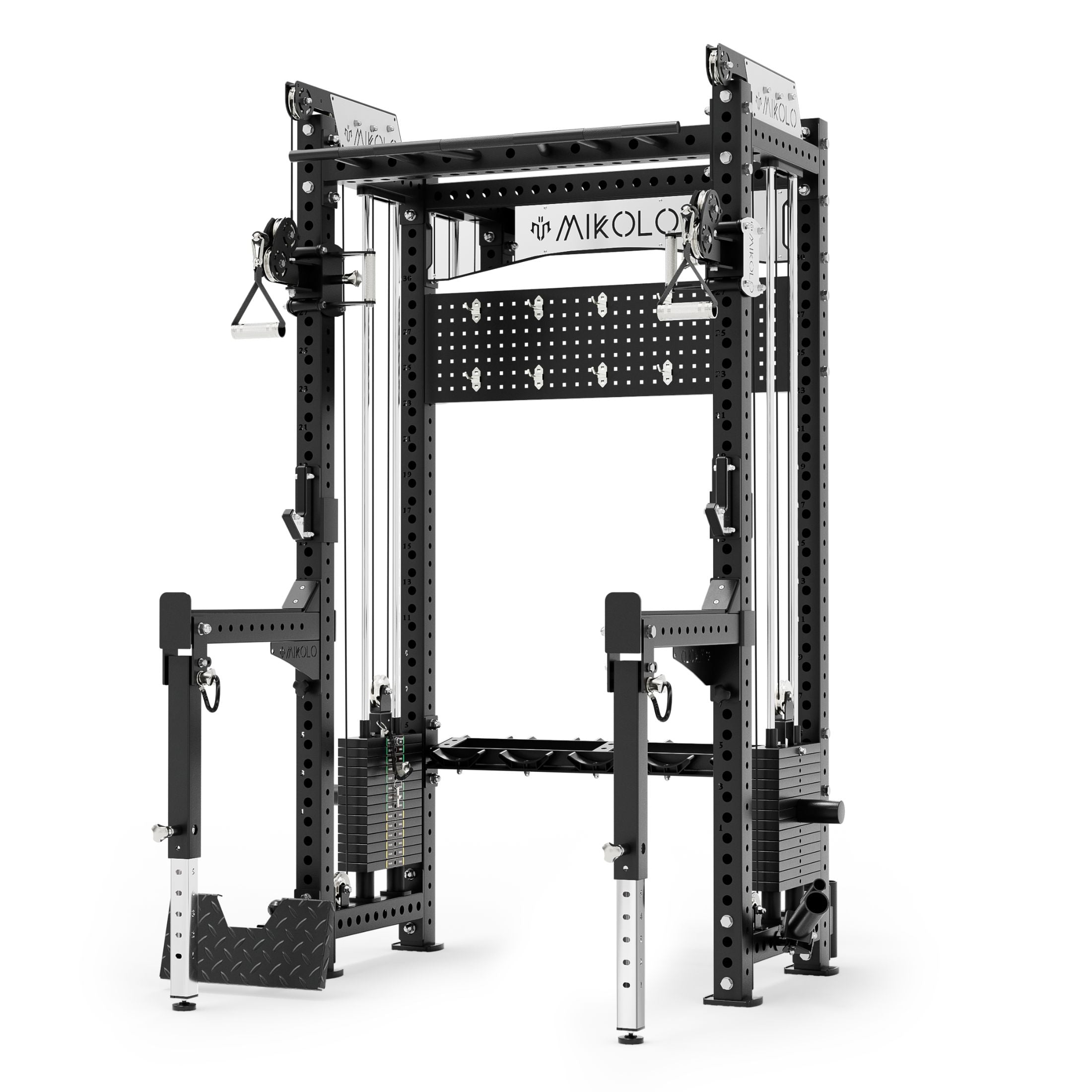
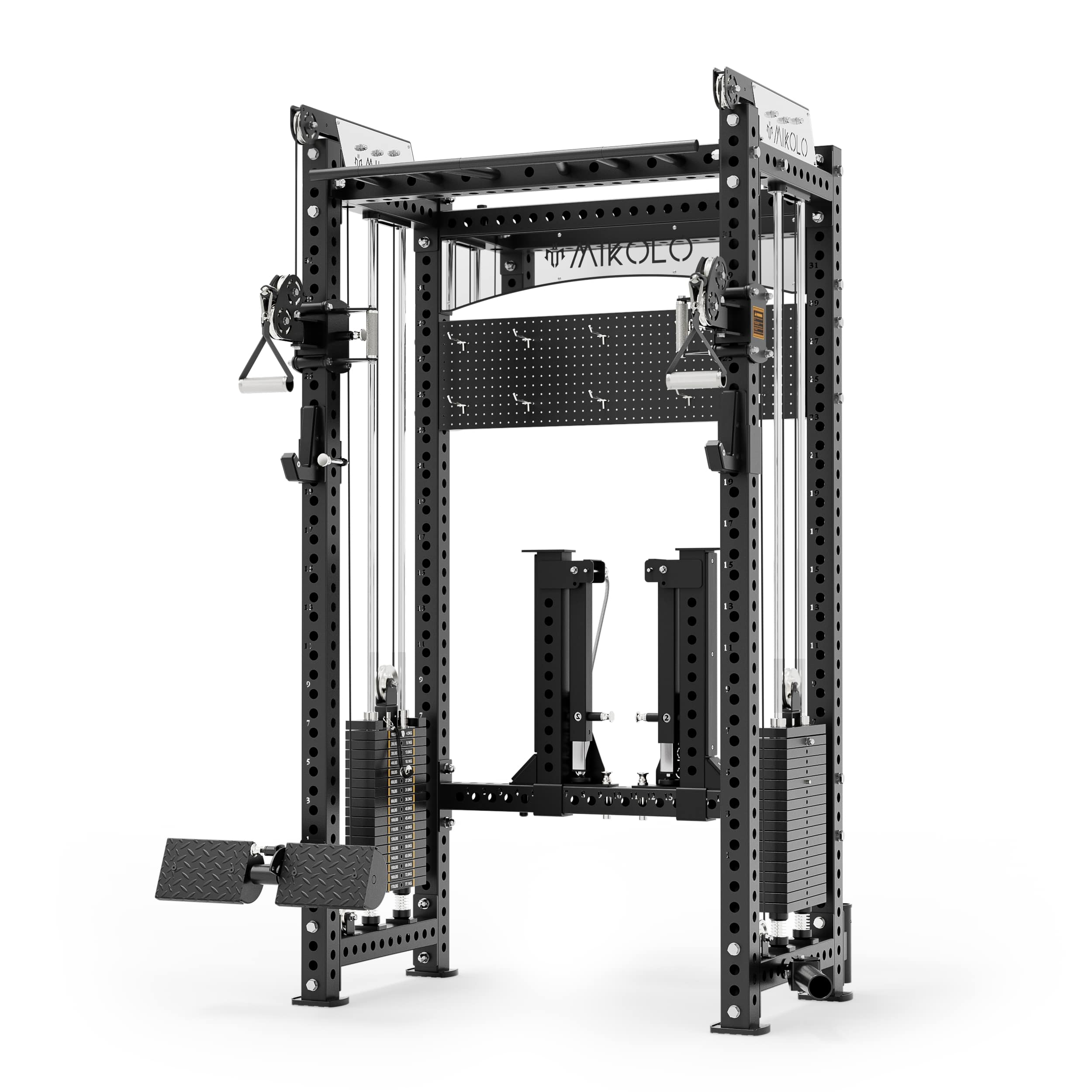
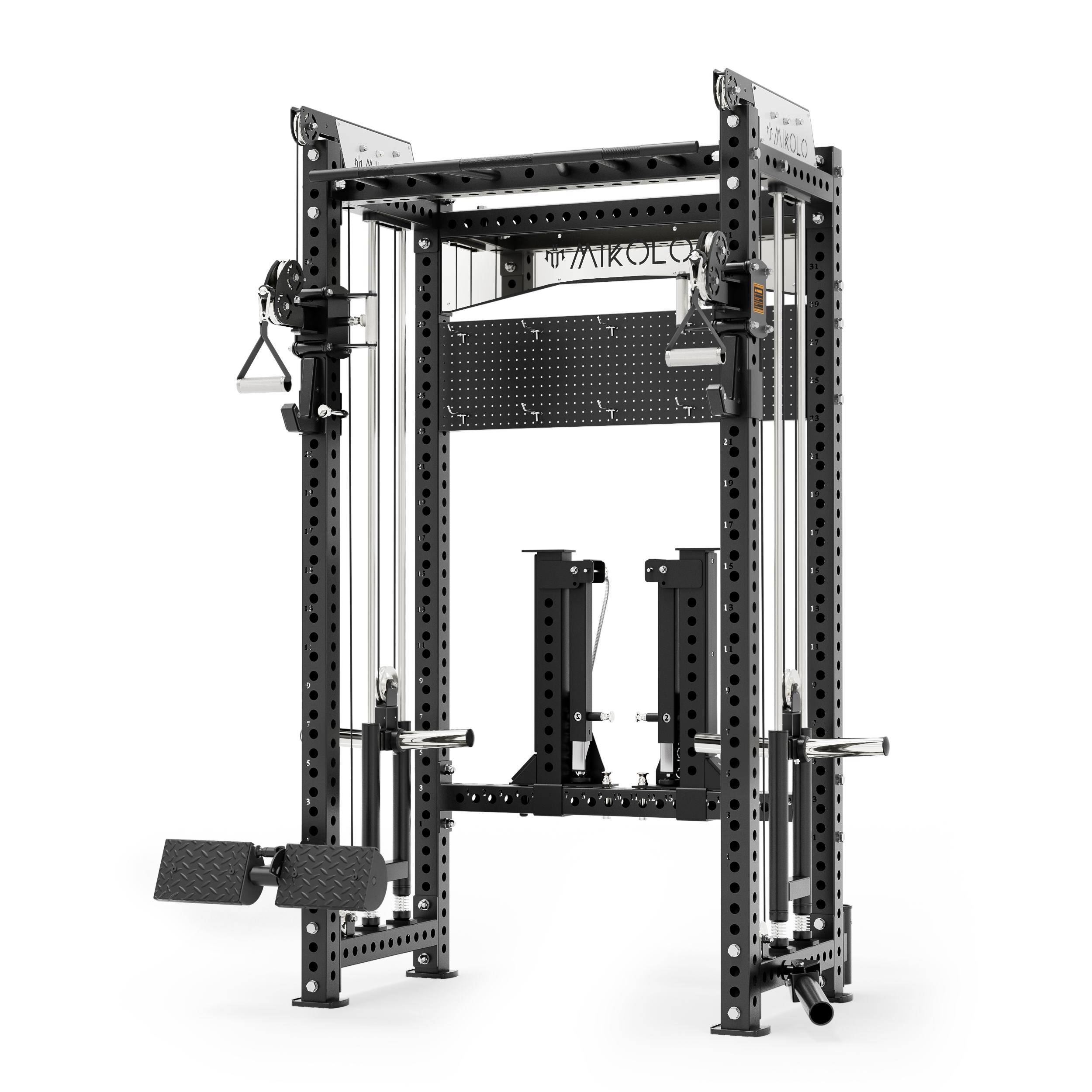


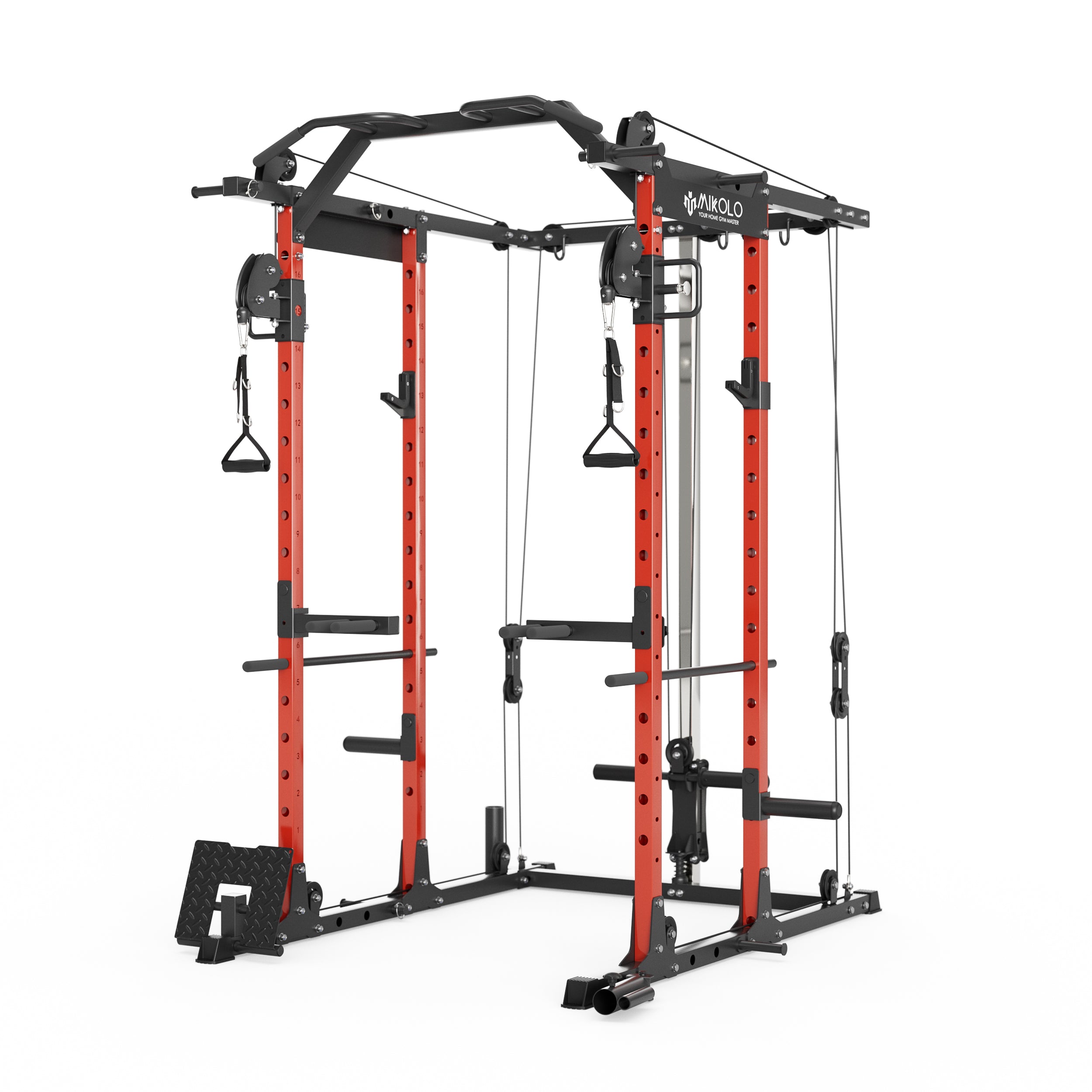
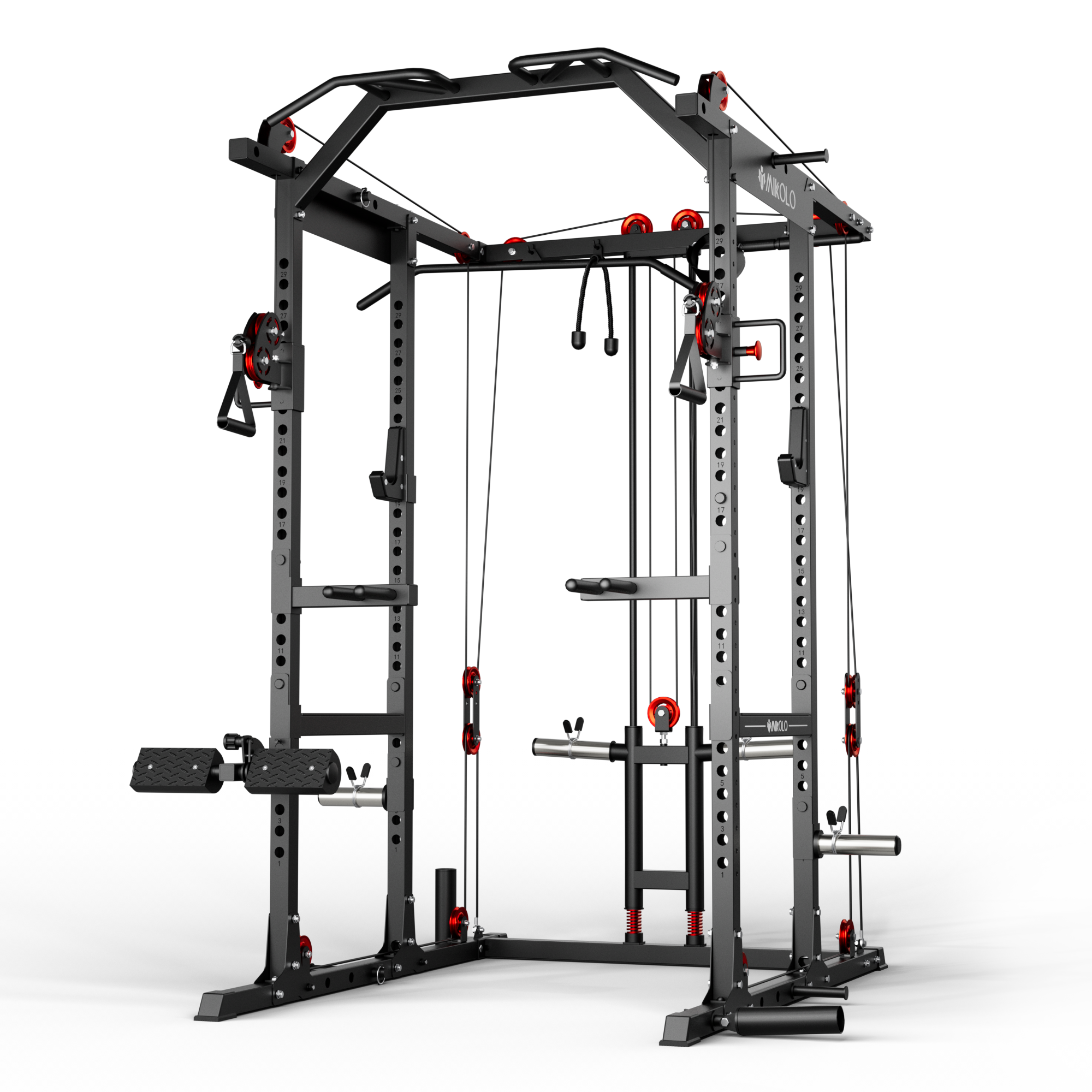

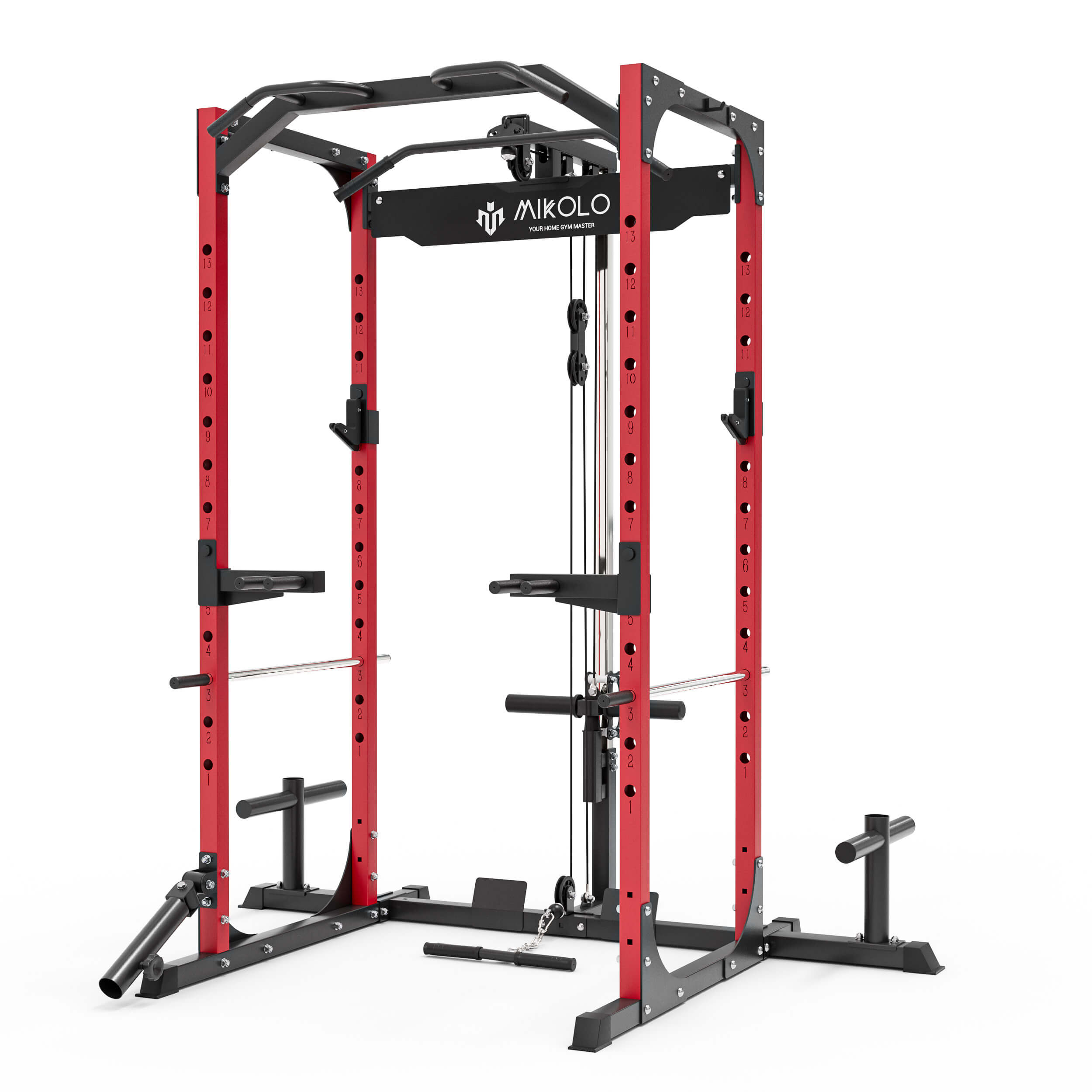

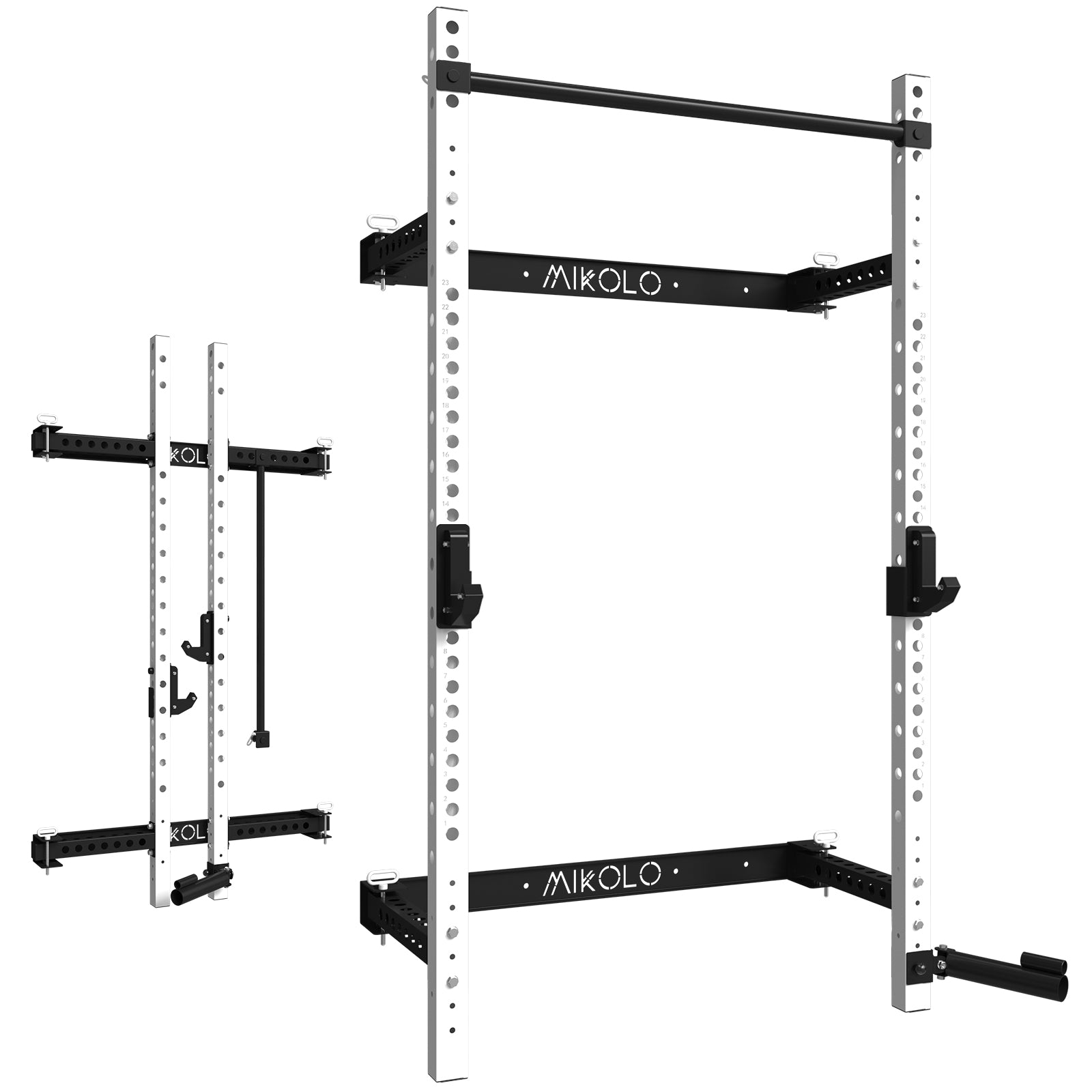

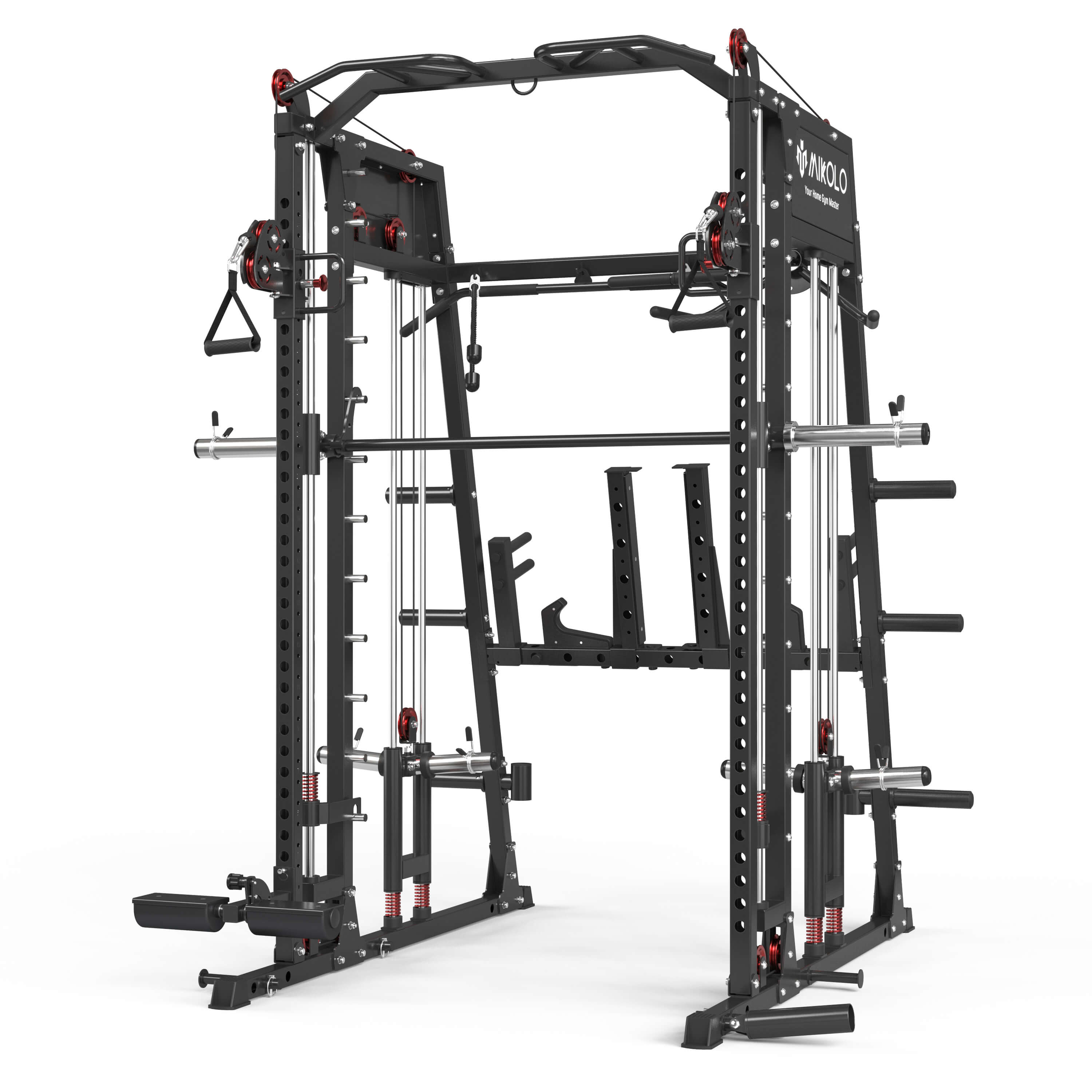
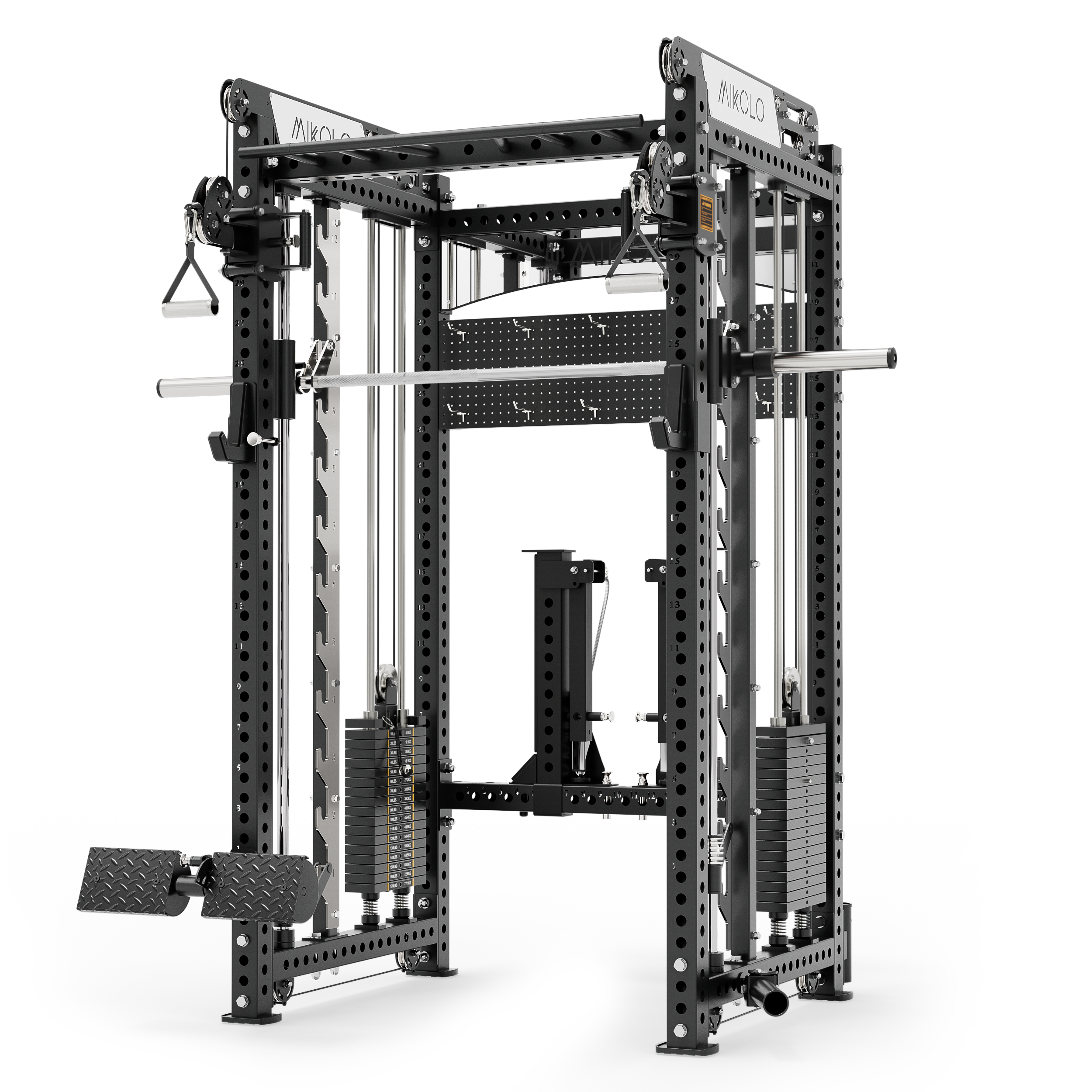
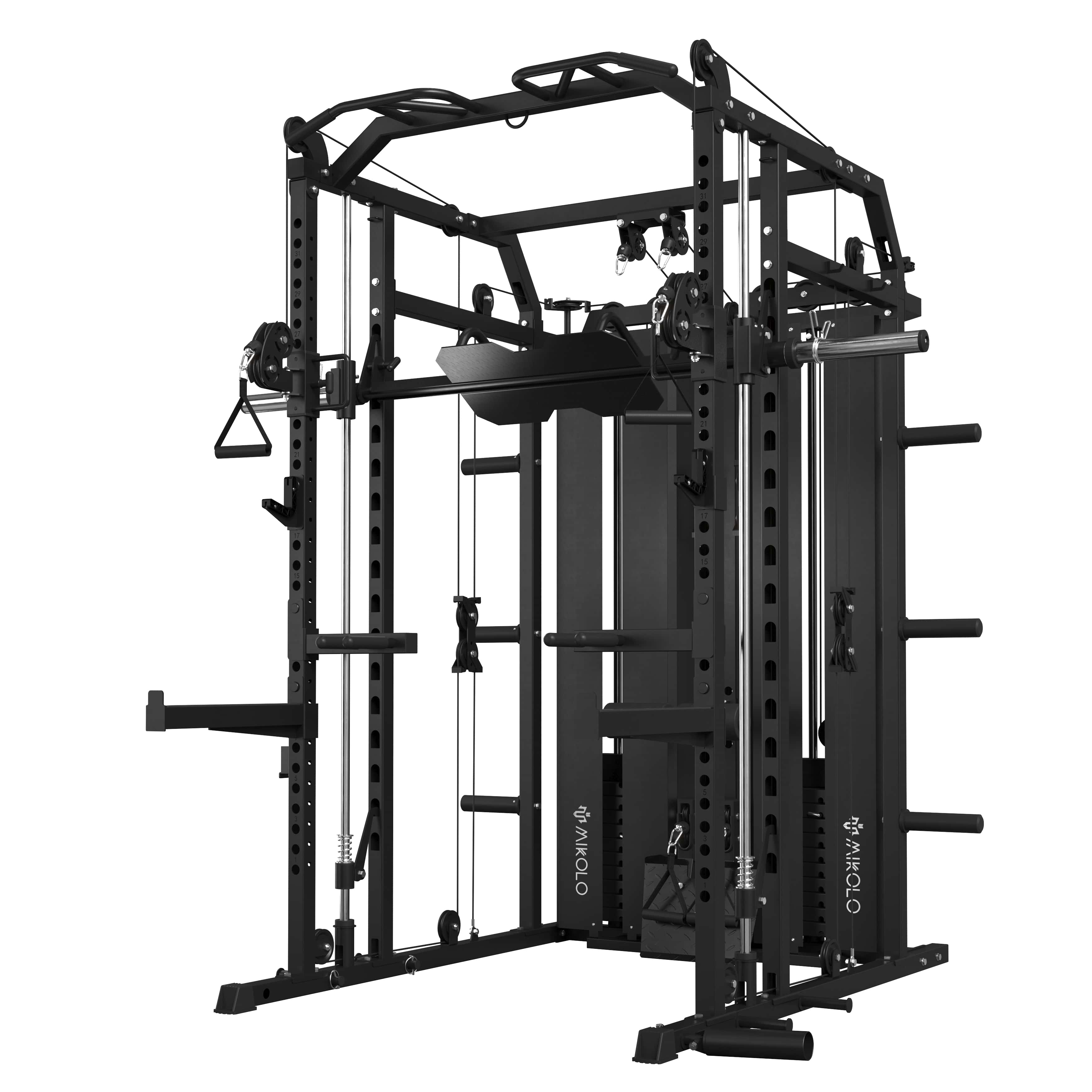
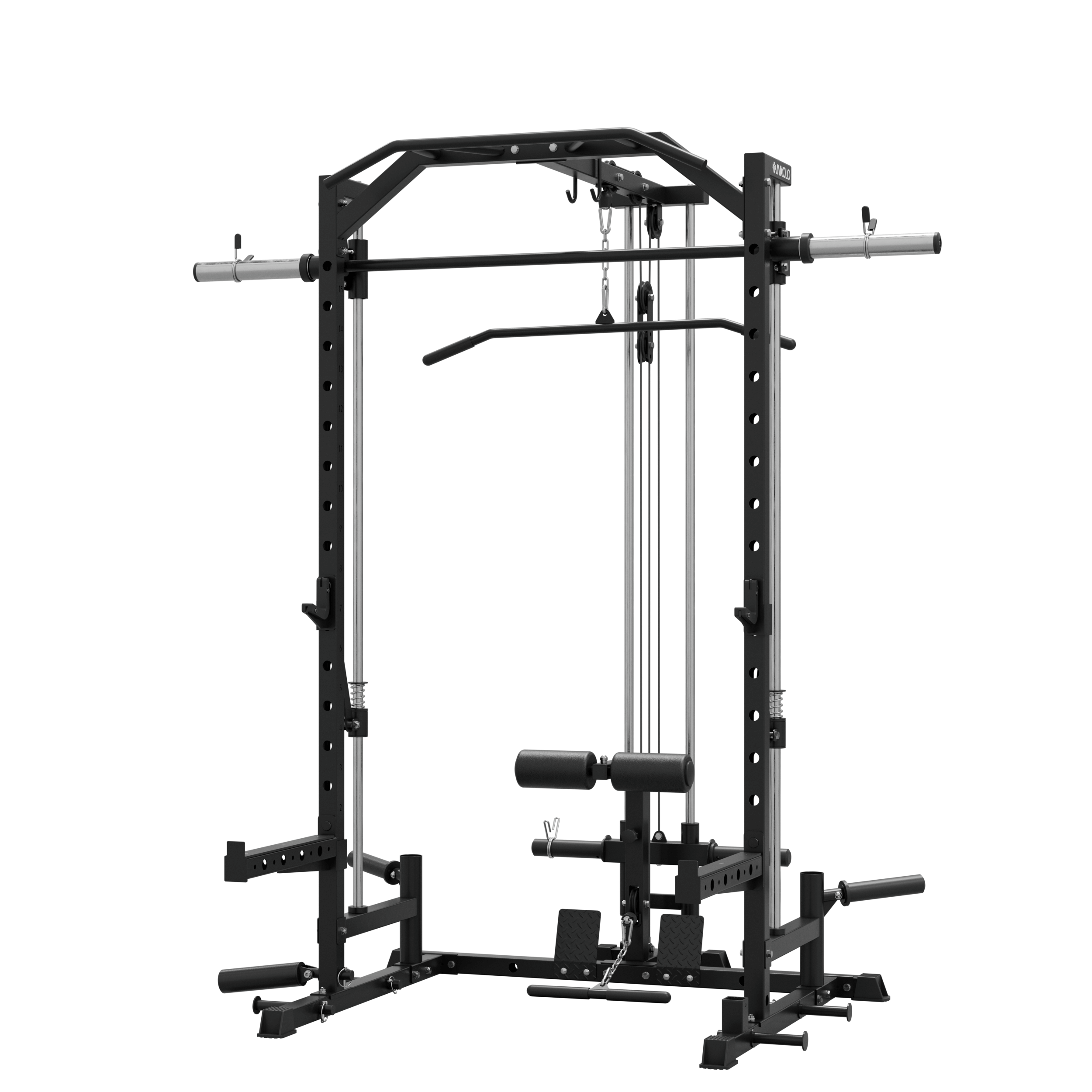
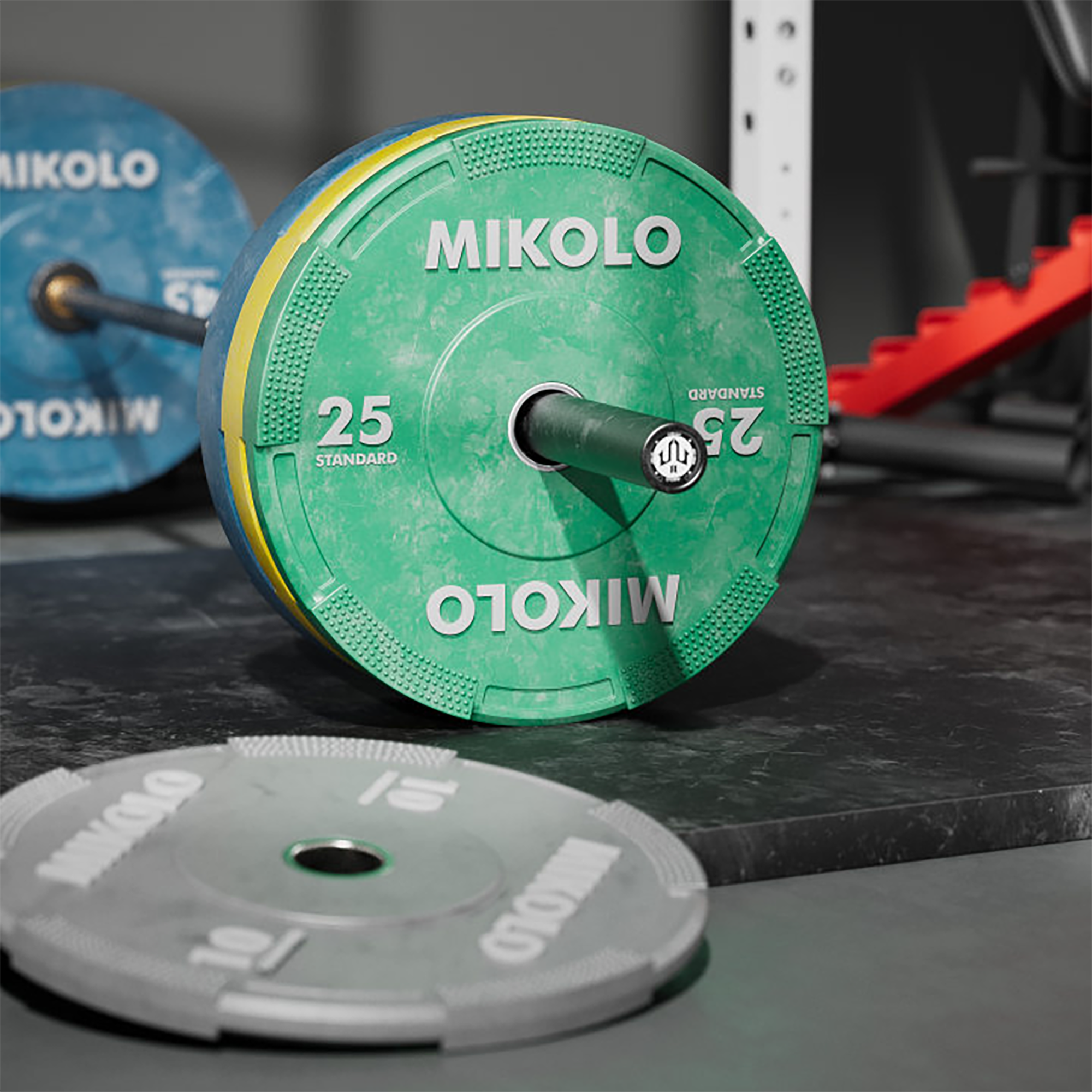





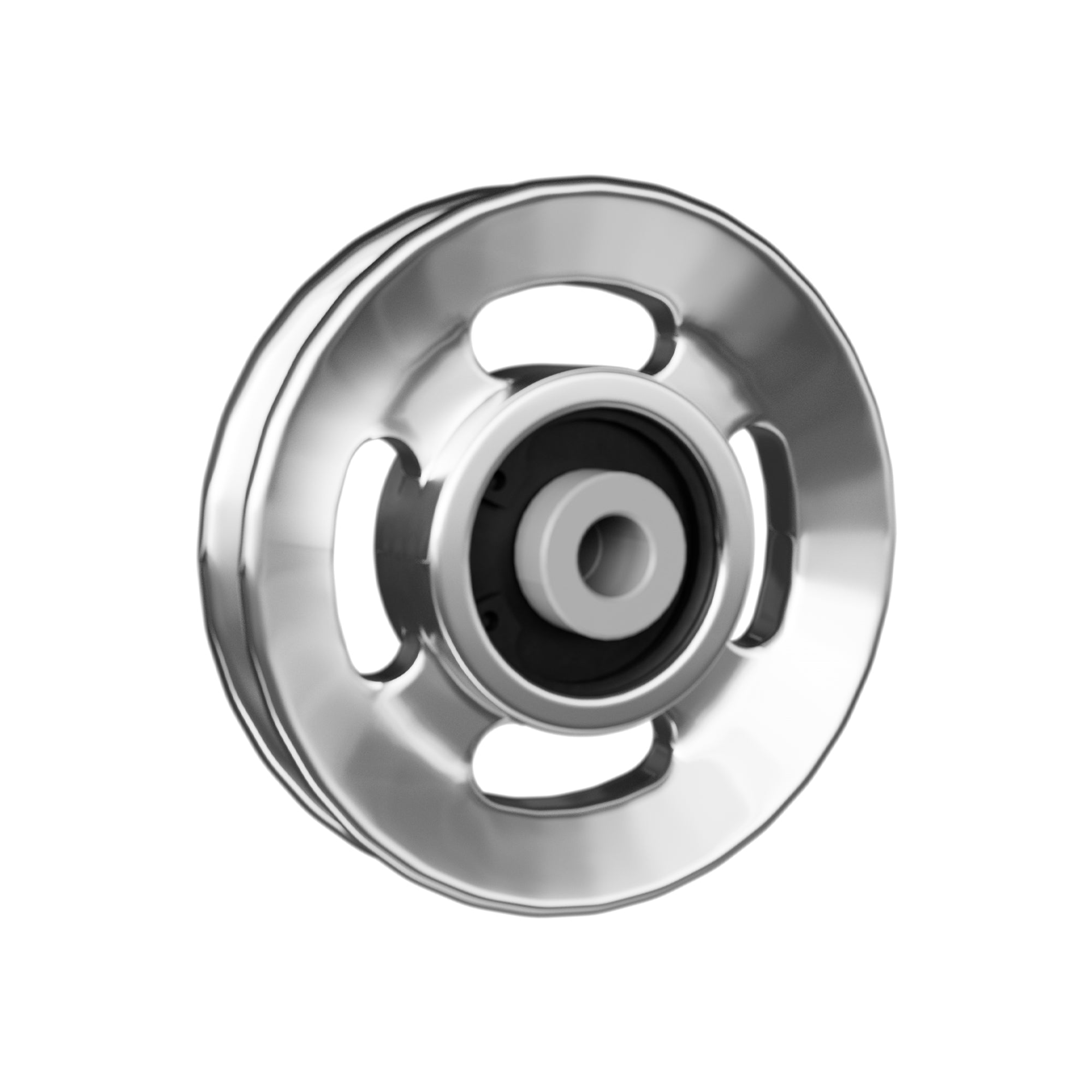






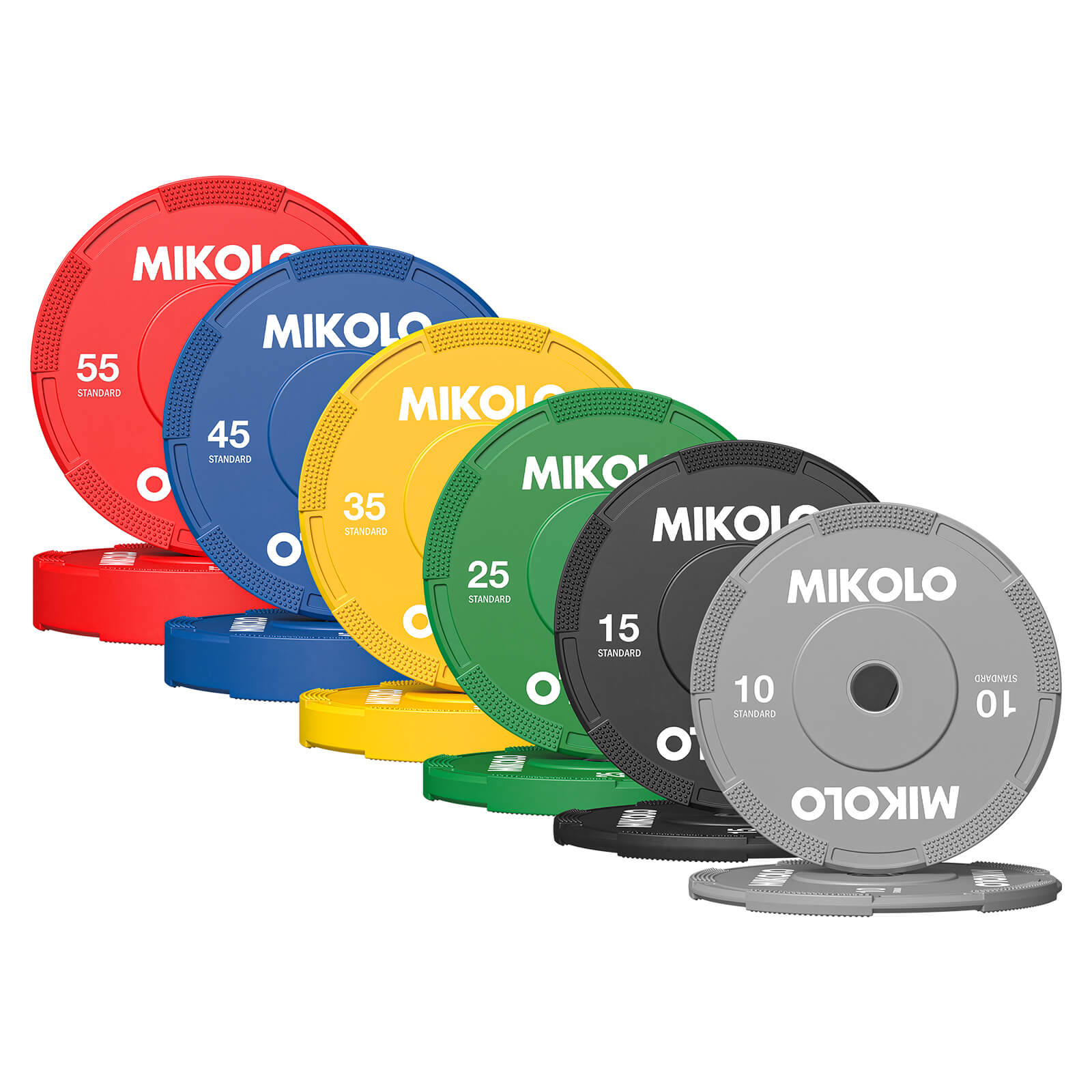




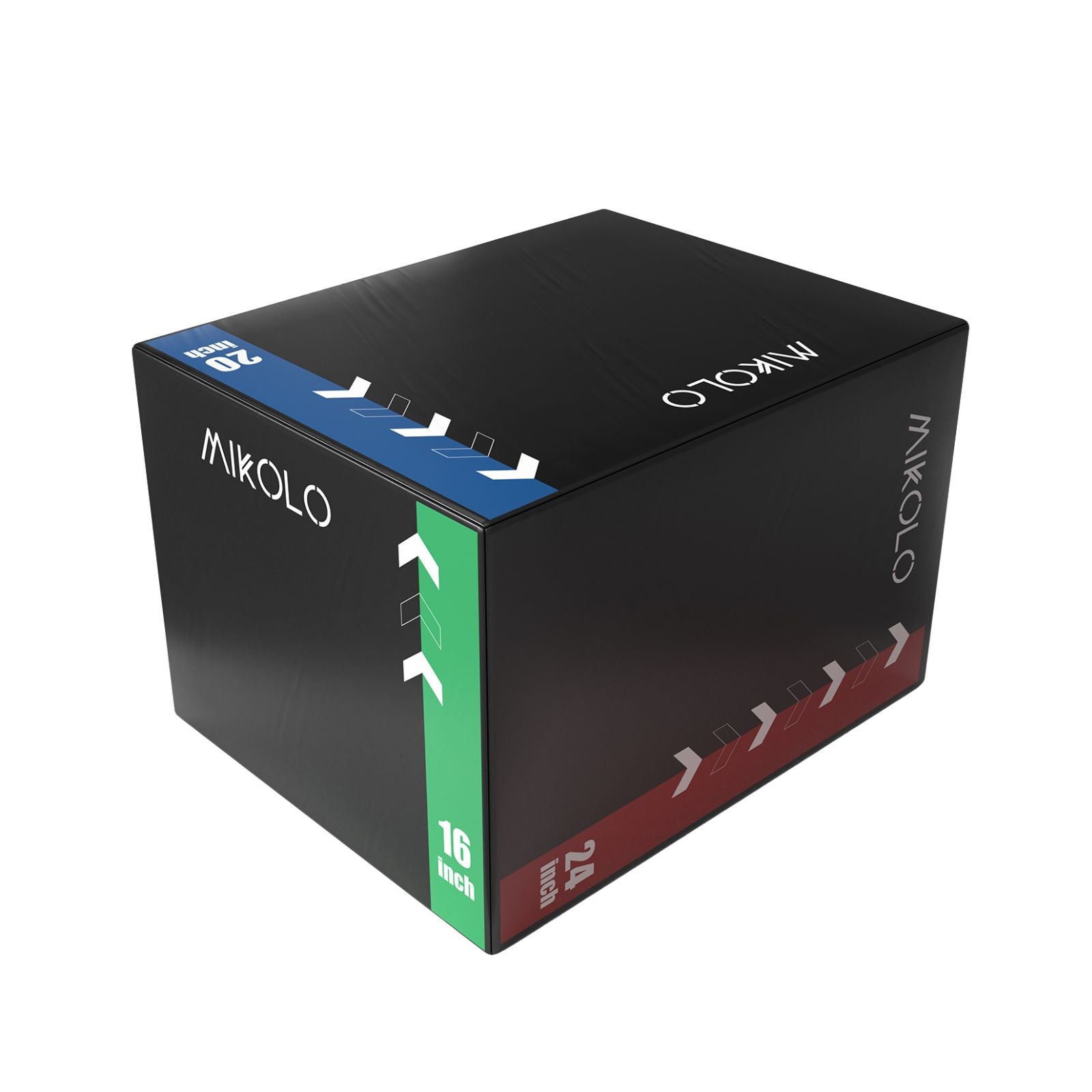






Leave a comment
This site is protected by hCaptcha and the hCaptcha Privacy Policy and Terms of Service apply.